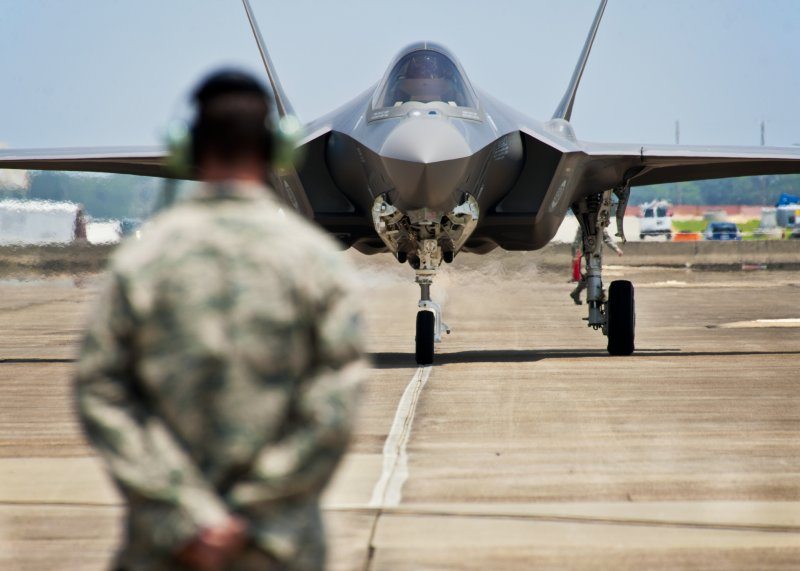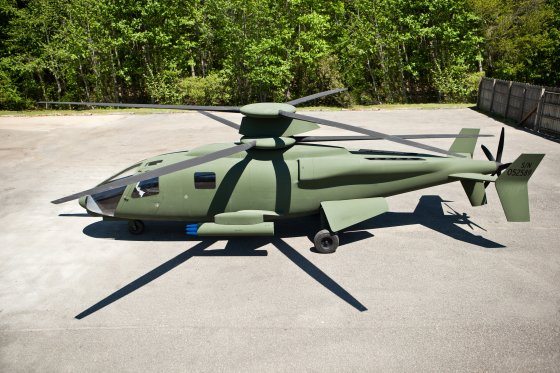The Defense Department lifted its grounding of the F-35 Lightning II joint strike fighter after analysis concluded that a cracked turbine blade in an engine on a single plane resulted from overuse in test operations, according to an official with the F-35 Joint Program Office.
In an email statement, the official, Kyra Hawn, said engineers have so far discovered no other cracks in inspections of the other engines, and no engine redesign was needed.
“This decision concludes a cautionary flight suspension that began on Feb. 21 after a 0.6-inch crack was found on a third stage turbine blade of a test aircraft at the Edwards Air Force Base, (Calif.,) F-35 Integrated Test Facility during a routine inspection,” Hawn said.
The blade also underwent comprehensive tests at the Pratt and Whitney facility in Middletown, Conn., she added.
The engine in question, she explained, is part of the F-35 test aircraft fleet and had been operated for extended time in the high-temperature environment in its mission to expand the F-35 flight envelope.
“Prolonged exposure to high levels of heat and other operational stressors on this specific engine were determined to be the cause of the crack,” Hawn said.
Within the current DOD inventory, 17 F-35s are employed in test and development at Patuxent River Naval Air Station, Md., and Edwards Air Force Base. The remaining aircraft are assigned to Eglin Air Force Base, Fla, and Marine Corps Air Station Yuma, Ariz., and comprise the initial F-35 training fleet.











